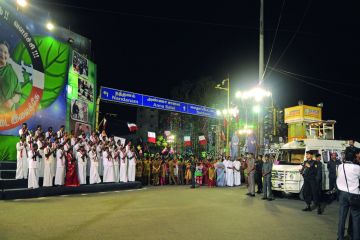
In late April 2018, blogger Chambi Chachage transferred
ownership of his blogsite Udadisi (meaning “curiosity” in Swahili) to writer
and editor Takura Zhangazha in Zimbabwe. Then there’s blogger Elsie Eyakuze, of
The Mikocheni Report, who described herself as a “digital refugee” and is open
to the possibility of finding a temporary digital home outside Tanzania. Via
Twitter, writer and tech consultant Ben Taylor, who resides in the UK but
writes frequently about Tanzania, has





